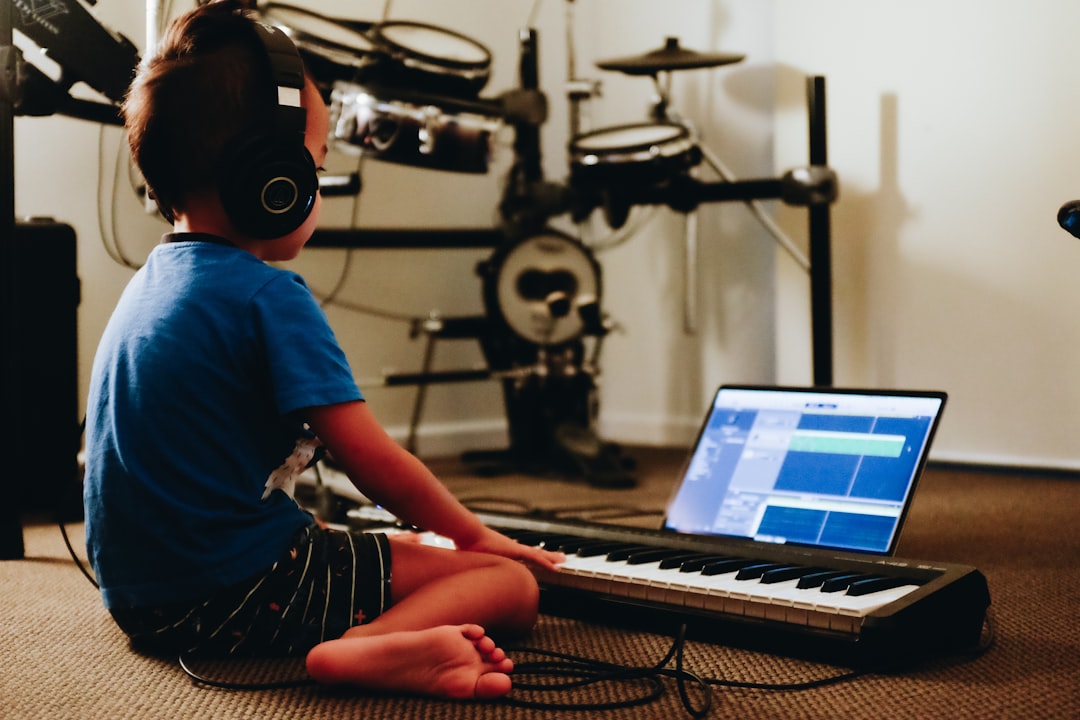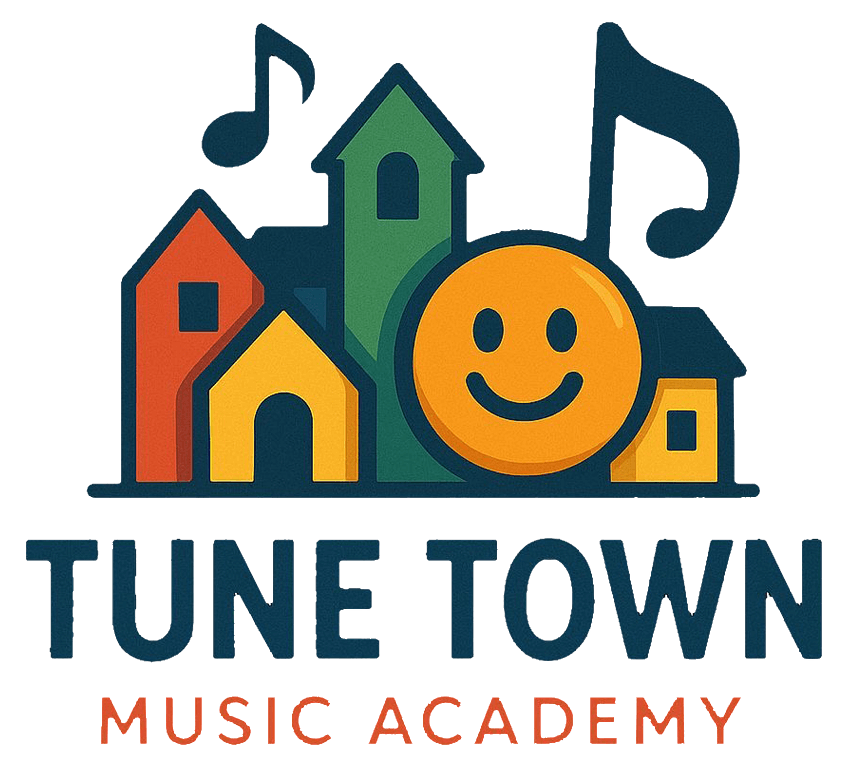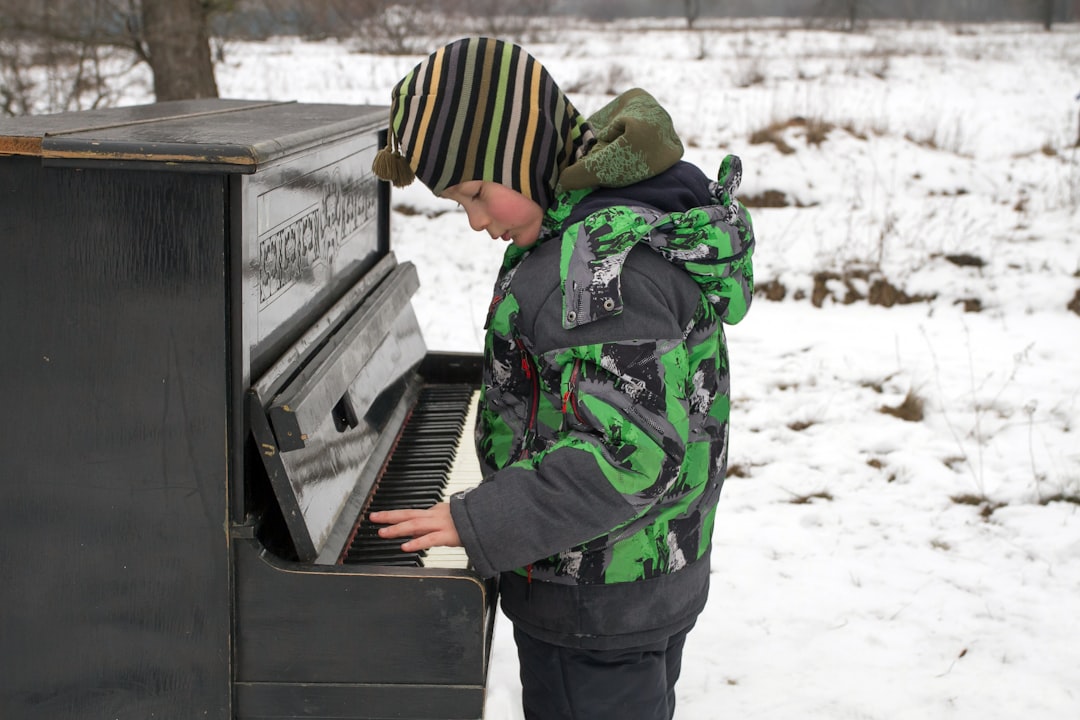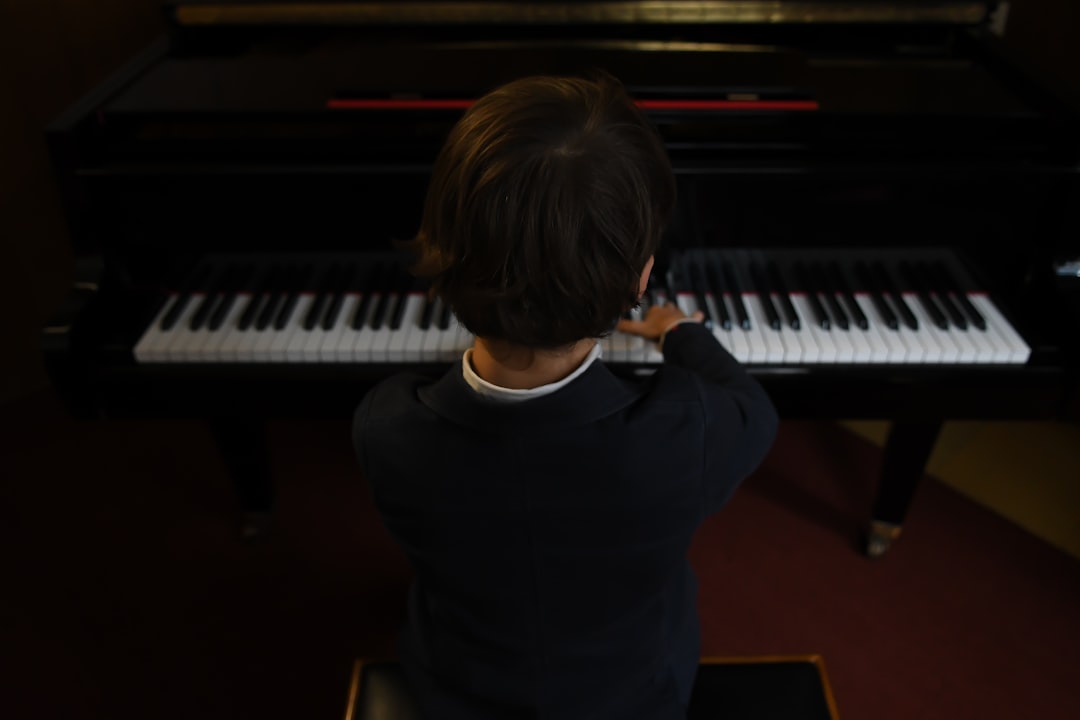The Science Behind Music Education: How Learning Music Changes Your Child's Brain

As parents, we want to give our children every advantage in life. What if we told you that music lessons could literally rewire your child's brain for success? Recent neuroscience research reveals that learning music creates powerful changes in the developing brain that extend far beyond musical ability.
The Musical Brain: A Symphony of Neural Connections
When children learn to play an instrument, their brains undergo remarkable transformations:
Enhanced Neural Connectivity
- Corpus Callosum: The bridge between brain hemispheres grows thicker
- Motor Cortex: Develops increased precision and coordination
- Auditory Processing: Becomes more refined and discriminating
- Executive Function: Strengthens planning and decision-making abilities
The "Mozart Effect" Explained
While the popular "Mozart Effect" was somewhat overstated, genuine research shows:
- Improved spatial-temporal reasoning
- Enhanced pattern recognition
- Increased working memory capacity
- Better abstract thinking skills
Cognitive Benefits That Last a Lifetime
Language and Literacy Skills
Music education strengthens:
- Phonological awareness: Critical for reading development
- Vocabulary acquisition: Musicians often have larger vocabularies
- Language processing: Enhanced ability to distinguish sounds and patterns
- Second language learning: Improved pronunciation and rhythm
Mathematical Reasoning
The connection between music and math isn't coincidental:
- Fraction understanding: Beat divisions teach mathematical relationships
- Pattern recognition: Essential for algebra and higher mathematics
- Spatial reasoning: Important for geometry and engineering
- Logical sequencing: Develops step-by-step problem-solving skills
Memory and Attention
Regular music practice enhances:
- Working memory: Ability to hold and manipulate information
- Long-term memory: Both procedural and declarative memory systems
- Selective attention: Filtering relevant from irrelevant information
- Sustained focus: Extended concentration periods
Social and Emotional Development
Emotional Intelligence
Music education develops:
- Self-expression: Healthy outlets for emotions
- Empathy: Understanding emotions in musical performances
- Emotional regulation: Managing performance anxiety and frustration
- Cultural awareness: Appreciation for diverse musical traditions
Social Skills in Ensemble Settings
Group music-making teaches:
- Collaboration: Working toward common goals
- Leadership: Taking solos and guiding sections
- Communication: Non-verbal cues and musical dialogue
- Responsibility: Individual contribution to group success
Academic Performance Connections
Standardized Test Scores
Students with music education consistently show:
- Higher SAT scores: Particularly in verbal and math sections
- Improved reading comprehension: Enhanced processing of complex texts
- Better standardized test performance: Across multiple subjects
- Increased graduation rates: Strong correlation with music participation
Study Skills and Discipline
Music lessons naturally develop:
- Time management: Balancing practice with other activities
- Goal setting: Working toward recitals and competitions
- Self-discipline: Daily practice routines
- Perseverance: Working through challenging pieces
The Critical Period Advantage
Early Childhood (Ages 3-7)
- Neural plasticity: Maximum brain adaptability
- Perfect pitch development: Window typically closes around age 7
- Motor skill foundation: Establishing fine motor control
- Rhythm internalization: Natural beat perception
School Age (Ages 8-12)
- Cognitive skill integration: Connecting music with academic subjects
- Social skill development: Ensemble participation benefits
- Identity formation: Music as part of personal identity
- Advanced technique: Building sophisticated skills
Adolescence (Ages 13-18)
- Abstract thinking: Understanding complex musical concepts
- Emotional outlet: Managing teenage emotional turbulence
- College preparation: Music as academic and extracurricular asset
- Career exploration: Potential professional pathways
Debunking Common Concerns
"My Child Isn't Naturally Musical"
Research shows:
- Musical ability is largely developed, not innate
- All children can benefit from music education
- Different learning styles suit different instruments
- Progress varies but benefits remain consistent
"We Don't Have Time for Practice"
Studies indicate:
- Even 15-20 minutes daily provides significant benefits
- Quality of practice matters more than quantity
- Musical skills transfer to improved efficiency in other areas
- Long-term time investment pays dividends in cognitive development
The Tune Town Difference: Science-Based Teaching
Our approach incorporates the latest research:
Age-Appropriate Methods
- Early childhood: Play-based learning with emphasis on exploration
- Elementary: Structured skill-building with creative expression
- Middle/High school: Advanced technique with music theory integration
Individualized Learning
- Multiple intelligence theory: Adapting to different learning styles
- Scaffolded instruction: Building skills progressively
- Growth mindset: Emphasizing effort and improvement over innate ability
Holistic Development
- Technical skills: Proper technique and music reading
- Creative expression: Improvisation and composition opportunities
- Performance experience: Building confidence and stage presence
- Music appreciation: Understanding diverse musical styles and cultures
Beyond the Practice Room
The benefits of music education extend into:
- Career flexibility: Enhanced creativity and problem-solving
- Stress management: Music as lifelong coping mechanism
- Social connections: Musical communities and friendships
- Personal fulfillment: Joy and satisfaction from musical expression
Starting Your Child's Musical Journey
What Parents Can Do:
- Expose children to diverse musical styles
- Attend live performances together
- Create a supportive practice environment
- Celebrate progress and effort
- Stay involved but avoid pressure
Choosing Quality Instruction:
Look for teachers who:
- Understand child development
- Use age-appropriate methods
- Balance technique with creativity
- Communicate regularly with parents
- Adapt teaching to individual learning styles
The Investment in Your Child's Future
When you enroll your child in music lessons, you're not just teaching them to play an instrument – you're investing in their cognitive development, emotional intelligence, and lifelong success. The neural pathways strengthened through music education create advantages that extend far beyond the practice room.
Ready to Give Your Child the Musical Advantage?
At Tune Town Music Academy, we combine the latest educational research with time-tested teaching methods to maximize your child's musical and cognitive development.
Schedule a consultation today to learn how music education can unlock your child's full potential. Our experienced instructors are trained in developmental psychology and music pedagogy to ensure your child receives the highest quality musical education.
Questions about the research behind our teaching methods? Email us at education@tunetownmusicacademy.com


